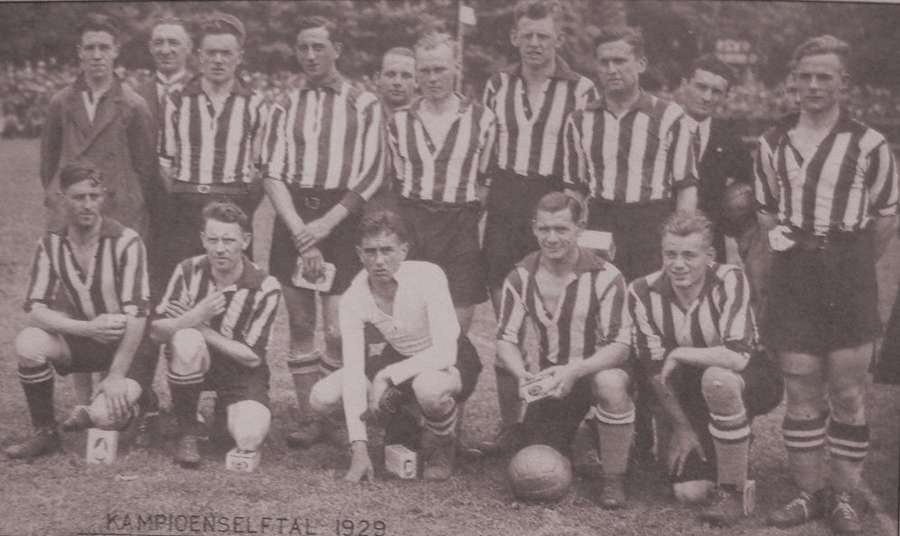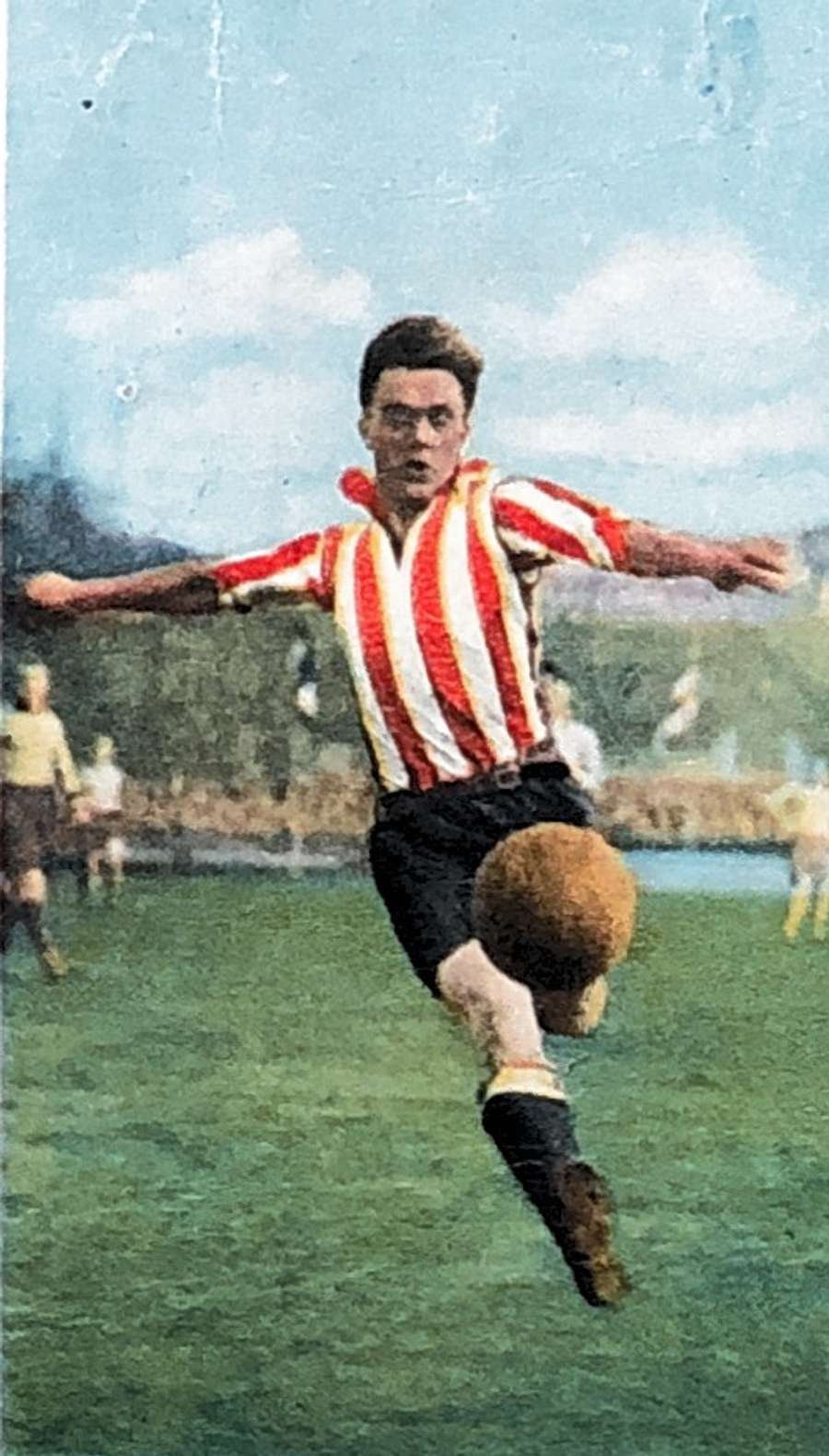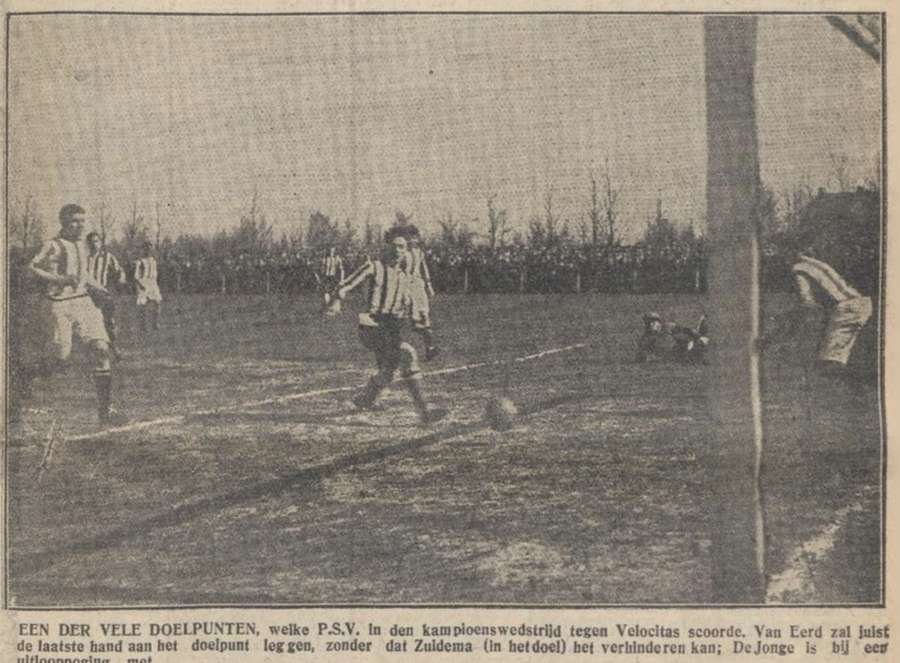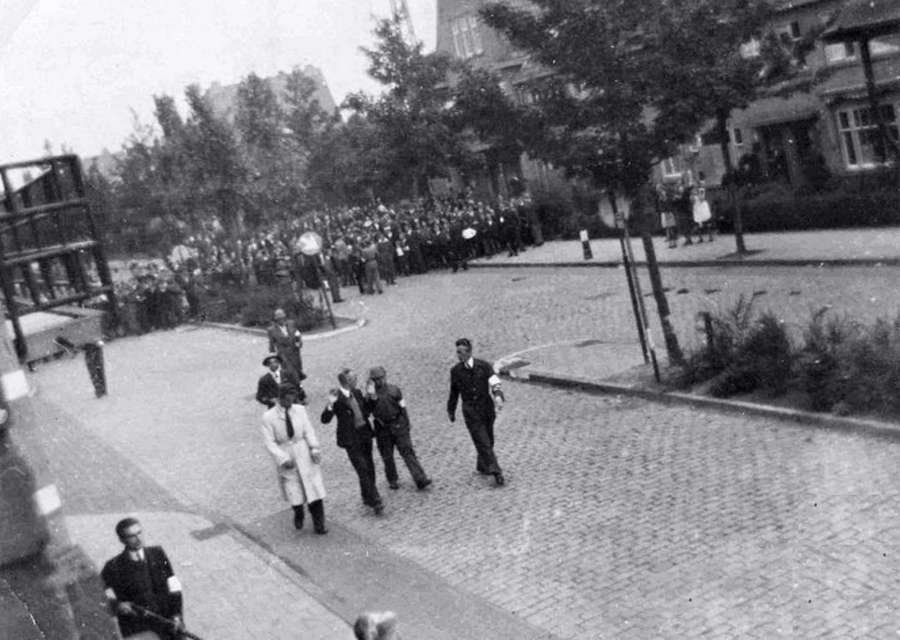On the 5th of May, the Netherlands marks eight decades of liberation. Eighty years post the end of Nazi occupation, the nation pauses to honour those who sacrificed their lives and those who courageously resisted amid the direst challenges in recent history.
Even amidst the oppressive regime of Nazi Germany, sport served as a vital lifeline for the Dutch populace. Football was predominantly shielded from the occupiers’ interference and drew crowds in the thousands.
However, it was on the fields, courts, and pitches where many resistance figures emerged, courageously sheltering Jewish families, sabotaging German military operations, acting as representatives of the Dutch government-in-exile in London, and defiantly opposing tyranny.
This week, as we recognise 80 years of freedom, we share stories about the courageous heroes of the resistance who led double lives both in athletic arenas and beyond.
Episode 1: The Resistance Hero Who Ignited His Football Club’s Spirit
Ad van Eerd
Being the captain who clinched your club’s inaugural championship is no small feat, and that’s exactly what Ad van Eerd accomplished.
Ad van Eerd, born on 27 April 1901, began his football journey at VV Wilhelmina in ‘s Hertogenbosch, where he showcased a formidable midfield partnership alongside his brothers, Jo and Piet. When PSV approached him in 1927 — just a year before the club opened its doors to players outside of Philips employees — Van Eerd recognised it was an opportunity he couldn’t refuse.

PSV 80 Jaar
Upon joining PSV shortly after they reached the pinnacle of Dutch football, Van Eerd quickly assumed the captaincy and guided the team to its first major success.
In 1928, under Van Eerd’s leadership, PSV topped the southern regional league by eight points, securing their spot in the championship group where they would contend against the champions from other regions: Velocitas from the North, Go Ahead from the East, and Sparta and Feijenoord from the West.
At that time referred to as P.S.V., the club defeated Velocitas 5-1 in the final championship match, earning the title for the very first time in its 15-year existence.
“In a stunning sprint, P.S.V. crossed the finish line – if we may call it that – and consequently secured the championship of the Netherlands,” proclaimed the Nieuwe Tilburgsche Courant following their victory.
Celebrations erupted, with captain Van Eerd taking the lead at the villa owned by Dr. A. Philips. “At Dr. Philips’ estate, the director congratulated the champions, and captain Van Eerd expressed gratitude and proposed a toast to his team and the Philips family.”
Following this triumph, PSV didn’t secure another title during Van Eerd’s tenure, finishing second in 1930 and third and fourth in the championship groups of the following years. By 1932, Van Eerd departed PSV as a club icon.

Philips Bros Cigarettes Maastricht / voetballegends.nl
New Directions
While establishing a legacy at PSV was a remarkable achievement, the next 15 years would present Ad van Eerd with an even greater challenge.
Following his stint managing his former club Wilhelmina in the late 1930s, Van Eerd returned to Eindhoven, adamant that he would not comply with the Nazi occupation.
Starting in 1942, Ad and his wife, Annie van Eerd-Mutsaers, began hiding Jewish individuals in their home on Wenckenbachstraat, Eindhoven. Alongside their neighbours, owners of a local hardware and toy shop, Le.bo, the couple provided sanctuary to at least 23 Jewish people throughout the war. Tragically, a family of four did not survive after being apprehended by the Nazis, but thanks to Van Eerd’s efforts, 19 others lived to tell their stories.

Eindhovensch Dagblad
Yet, Ad van Eerd’s contributions to the resistance extended beyond merely providing refuge. In 1944, he became a prominent figure in the newly established resistance group, Partisan Action Netherlands (P.A.N.). Limited records exist of van Eerd’s activities with P.A.N. until the day following the liberation of Eindhoven on 18 September 1944.
After Eindhoven’s liberation, P.A.N. emerged from secrecy into public view. Van Eerd and his group undertook the mission of apprehending members of the NSB, the Dutch Nazi collaboration party. Following the apprehension of Adrianus Wolterbeek, a notorious NSB member and suspected ‘Jew hunter’ associated with Nazi German intelligence, local resident Piet Bouma chronicled Van Eerd’s initial public display as a P.A.N. member in his diary.
“The first public appearance of partisans occurred! Identifiable by a white belt, some were ready to assist the Tommies in any way necessary to uphold order and arrest the lingering NSB members. Some carried rifles, others helmets (from the air protection), and one brandished a large, crooked sabre!”

www.eindhoven4044.nl
Groups like P.A.N. orchestrated actions of resistance, from pilfering from the Nazi government to sabotaging war efforts and offering sustenance and shelter to those hunted by the regime.
After the war concluded, Van Eerd was honoured by the World Holocaust Remembrance Centre Yad Vashem. Remembered as a courageous resistance hero and the first captain of PSV to seize the title, he passed away in 1990 at the age of 89.
Compiled by SportArena.com.au.
Fanpage: SportArena.com.au.
LiveScore – Live Sports Results & Odds.




